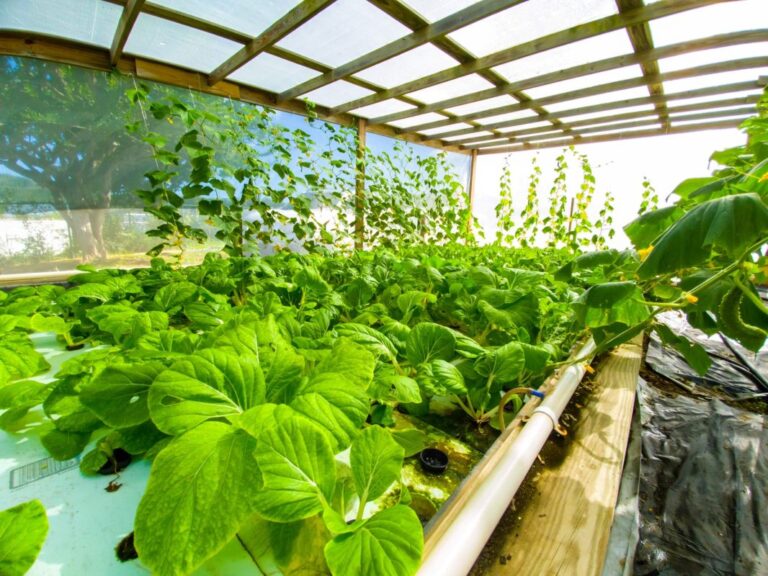Montserrat’s agriculture sector is small but essential, especially for local food production, rural livelihoods, and cultural traditions. After the 1995 volcanic eruption destroyed much of the island’s most fertile farmland in the south, agriculture was forced to relocate and adapt in the northern safe zone.
Overview of Agriculture in Montserrat
Main Types of Agriculture
- Crop Farming
- Mostly small-scale and subsistence
- Key crops:
- Root crops: sweet potatoes, cassava, yams, dasheen (taro)
- Fruits: bananas, mangoes, guavas, papaya (pawpaw), soursop
- Vegetables: pumpkin, tomatoes, cucumbers, cabbage, hot peppers
- Increasing interest in greenhouse and organic farming
- Livestock Farming
- Goats, sheep, pigs, poultry (chickens)
- For meat, eggs, and some dairy products
- Mostly smallholder farms
- Fishing
- Vital for protein and local economy
- Fish include snapper, grouper, lobster
- Threatened by climate change and overfishing
- Agro-processing
- Value-added products like:
- Cassava bread
- Fruit juices and jams
- Pepper sauces and seasonings
- Value-added products like:
Farming Methods
- Predominantly manual or low-tech
- Some irrigation, but rain-fed farming is common
- Crop rotation and intercropping are traditional practices
- Limited use of machinery and fertilizers
Challenges Facing Agriculture
- Limited arable land (due to volcanic exclusion zone)
- Droughts and inconsistent rainfall
- Pest and disease control
- Aging farming population and low youth interest
- Heavy dependence on imported food (over 80% of food is imported)
Government & Development Support
The Ministry of Agriculture, Lands, Housing and the Environment (MALHE) supports farmers by:
- Offering training and extension services
- Providing seedlings, tools, and livestock support
- Encouraging climate-smart and resilient farming
- Promoting youth agriculture programs
- Supporting community and backyard gardening
Future Priorities
- Expand greenhouse and hydroponic farming
- Promote sustainable land management
- Improve water storage and irrigation
- Increase agro-tourism
- Strengthen food security and reduce import reliance



